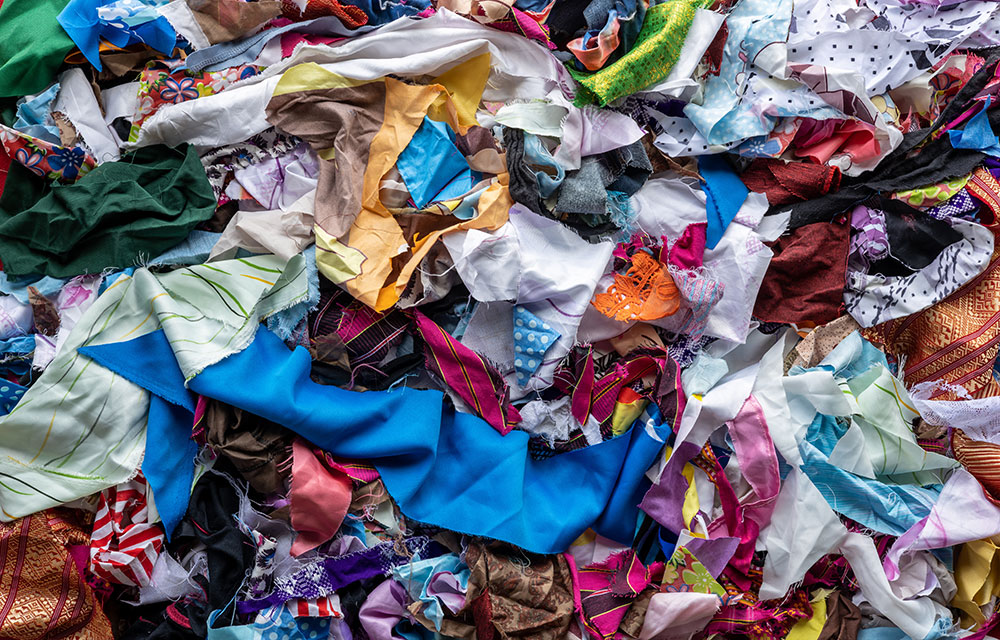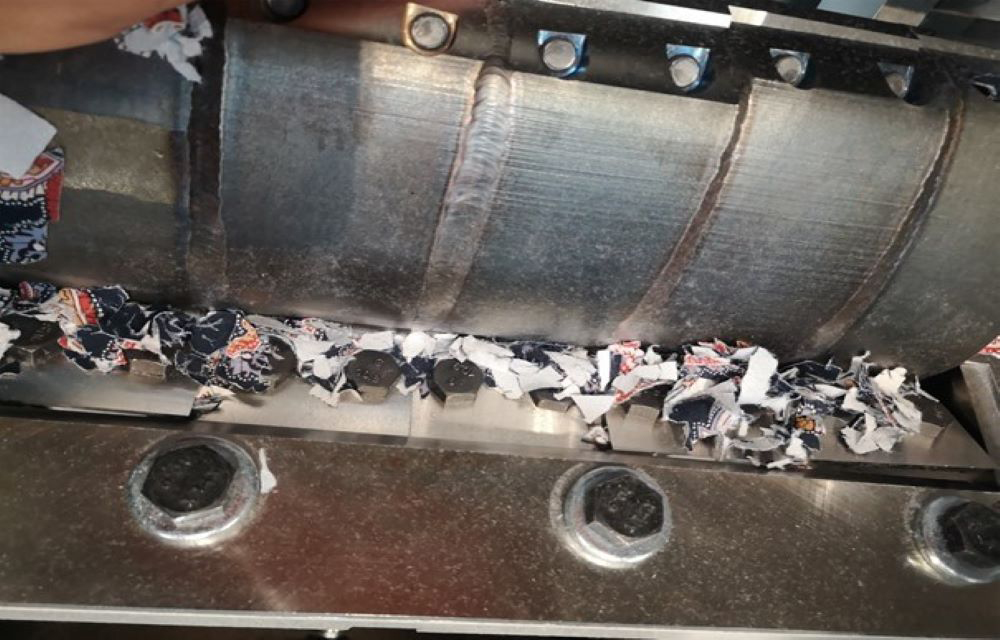The world’s most important plastics and rubber trade fair, the “K” in Düsseldorf, opens its doors in October 2022. For eight days, it will once again become the marketplace for national and international players in the plastics industry. Almost 3,500 exhibitors will present innovations to the expected 220,000 visitors.
The key themes of K: circular economy, digitalization and climate protection
This year’s leading themes include the circular economy, digitization and climate protection, decisively shaped by the K Scientific Council, consisting of eight experts. Among them is Prof. Dr. Hans-Josef Endres, head of the IKK.
The IKK is particularly committed to the topic of “circular economy” not only within the framework of the trade show. Under this umbrella term, the K will feature the recycling of plastics and the standardization of recyclates, as well as microplastics in the environment, biobased and biodegradable plastics, and CO2 as a new building block for polymers. These topics are presented in a sophisticated way, especially for young researchers.
Textile recycling in cooperation with ThermoFisher, Vaude and Gerry Weber
The topic of the circular economy will also be addressed at IKK’s own stand. Here, granules are extruded from recycled textiles using a strand pelletizing system.
Whether it’s an outdoor jacket from Vaude or a T-shirt from Gerry Weber, textiles can also be recycled. “At the institute, we look at textiles, which are often made of plastic fibers, just like plastics,” says Endres, “which is why, here too, the purer we get the textile waste from our industrial partners, the better they can stay in the cycle and be recycled!” The challenge, however, is fabrics or blended fabrics that consist of different materials.
Pure polyesters or polyamides can be completely melted down and purified without any problems. High-quality plastic recyclates can be easily generated from these plastics and processed into new products. In the case of textile blends, on the other hand, the melt filters have to take over the purification and separate the individual components in the best possible way. However, the filters must often be able to clean themselves in the process. So this process has an additional technical challenge.
Before the fabrics can be recycled, they are shredded to enable precise and homogeneous feeding into the extruder. A particle size of 4-10 mm is possible by using different screen sizes (Wanner mill) at IKK. The particle size chosen by the scientists for their tests depends to a large extent on the comminution behavior of the selected recycling plant and its dosing technology.
At the IKK booth, the extrusion of a polyester regranulate obtained from post-industrial textile waste of the Gerry Weber company will be presented in the Process 16 twin-screw extruder of ThermoFisher Scientific.
This laboratory version offers all the functions of a large twin-screw extruder and enables the production of plastic granules from various thermoplastics on a laboratory scale. The microgranules can be injection moulded or used in the form of filaments in 3D printing. In addition, the plant is a modular system that can be expanded without restriction with a melt pump, a filter system and a vacuum system. For IKK, this results in very good technical flexibility, which is enormously important for the implementation of the research project.
Circular economy for more sustainability in the fashion industry
In 2018, the amount of waste from textiles in the EU was over 2 million tons and in Germany just under 340,000 tons (Eurostat). Fast fashion i.e., short-lived fashion, is increasingly coming under criticism among consumers who are becoming more and more environmentally conscious. In fashion, too, sustainability and product durability are increasingly making a significant contribution to environmental protection and resource conservation. To this end, product design that offers better recyclability is an important step towards the responsible use of available raw materials.
The topic of the circular economy will be addressed from a scientific perspective at the Science Campus in Hall 7 of the K trade fair. There you will also find the booth of the IKK, booth number: SC14.
Together with the exhibitors, the development of the plastics and rubber market will be shaped in a forward-looking and sustainable way. The IKK staff is looking forward to a lively exchange with the trade fair visitors.

